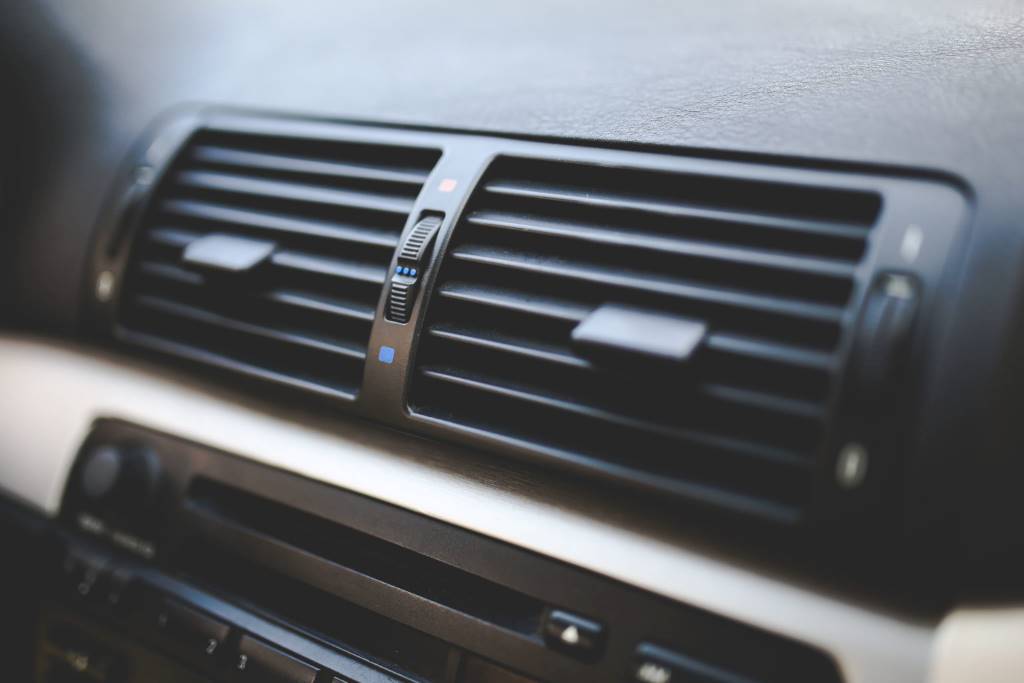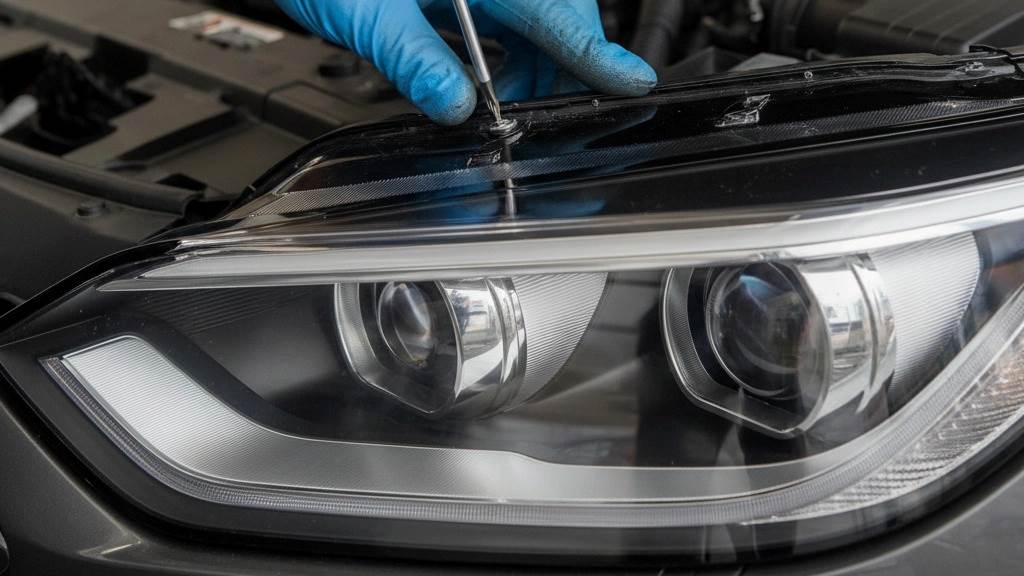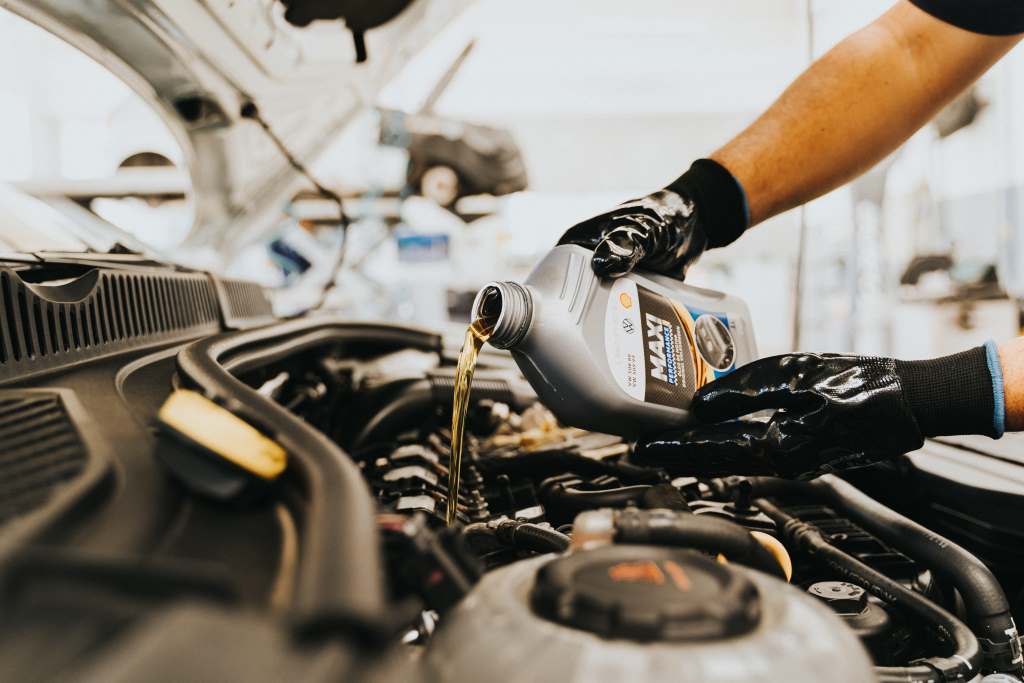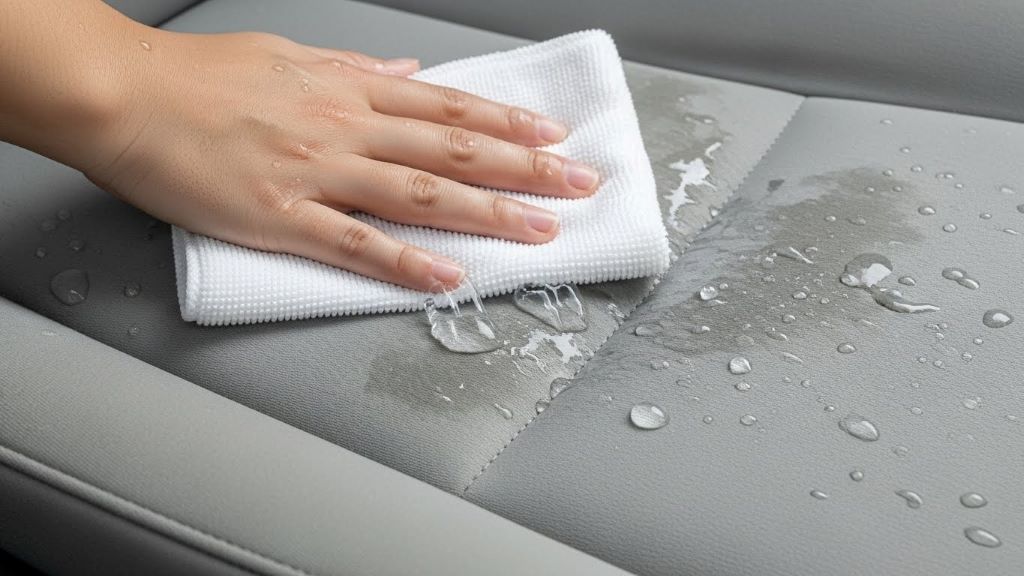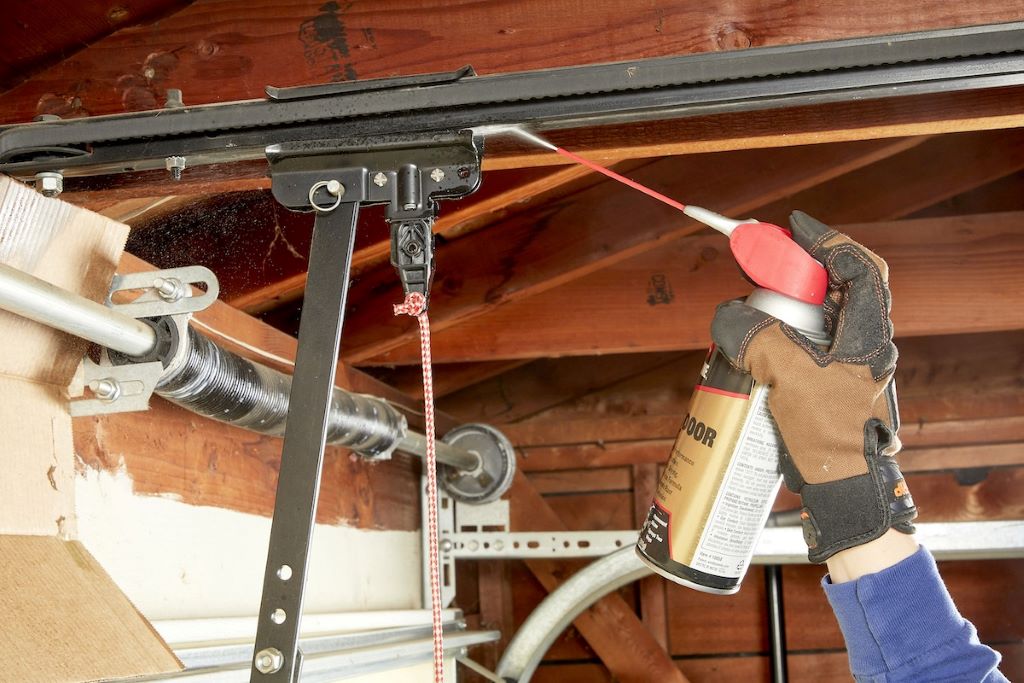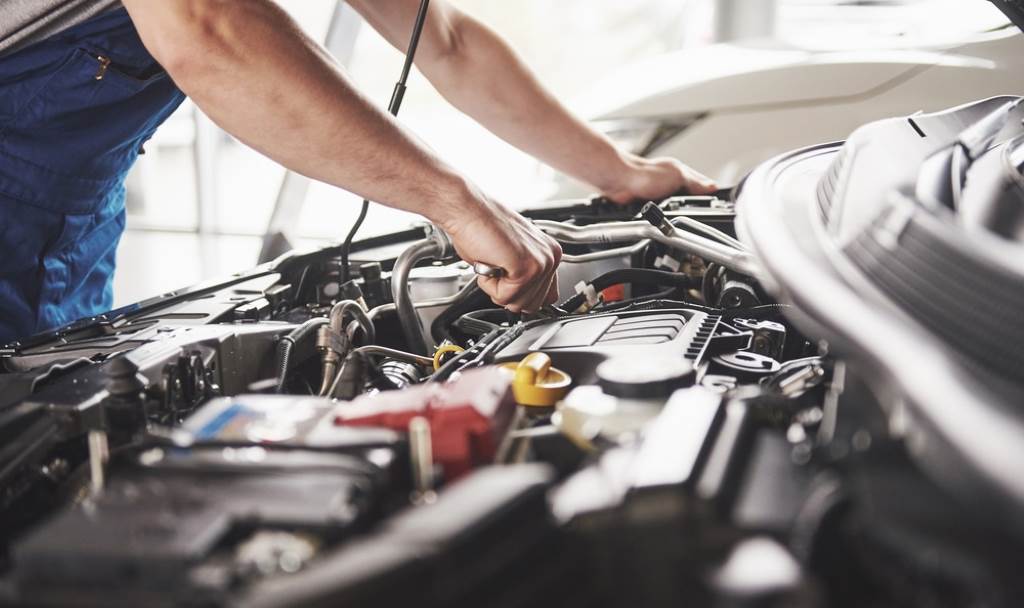Your car’s air conditioning blasts cool air, but a sour vinegar smell ruins the ride. It’s frustrating and confusing. Why does this happen? The culprit is often bacterial growth or chemical reactions in the AC system. According to the Environmental Protection Agency, indoor air quality issues, like mold, impact 30–50% of HVAC systems, including car ACs. A study from the Journal of Environmental Health found microbial growth in 40% of vehicle AC units. This article uncovers why your car AC smells like vinegar, explores common causes, and offers practical solutions to keep your ventilation system fresh and odor-free.
What Causes the Vinegar Smell in Your Car AC?
The sour odor in your car’s A/C often stems from issues in the air conditioning system. Several factors contribute, from microbial growth to chemical reactions. Understanding these causes helps you pinpoint the problem and fix it effectively.
Bacterial Growth in the Evaporator Core
The evaporator core, a key part of the AC system, sits in a dark, damp environment. This makes it a breeding ground for bacteria and mold. When moisture collects on the evaporator coils, microbes thrive, releasing a vinegar-like smell. The smell worsens in humid climates or when you use the recirculation mode, trapping moisture inside. Regular use of the car’s A/C without proper maintenance allows bacterial growth to spread, making the odor stronger over time.
Chemical Reactions in the AC System
Household cleaning products, like vinegar-based cleaners, can linger in the car. If you recently cleaned your vehicle with these products, residue may enter the HVAC intake vent. Chemical reactions between cleaning agents and internal components, like silicone caulk used in repairs, can also produce a sour smell. Refrigerant gas leaks or overheated components in the AC system may release odors resembling vinegar, especially if the system is old or poorly maintained.
Clogged Drain Line or Condensate Line
The AC system produces condensation, which drains through the condensate line. A clogged drain line traps water, leading to mold and bacterial buildup. This stagnant water fosters a sour smell that blows through the vents. Checking the drain line for blockages is a simple way to prevent this issue.
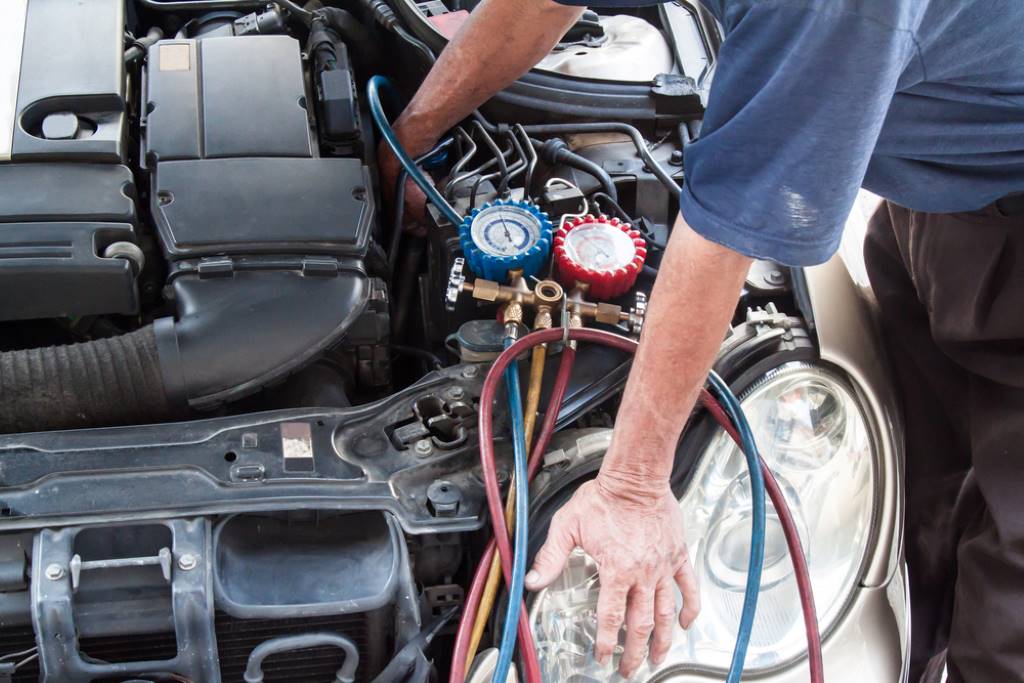
Dirty Cabin Air Filter
The cabin air filter traps dust, dirt, and debris. A dirty filter restricts airflow and harbors bacteria, contributing to the vinegar smell. Replacing the filter regularly, as part of routine filter change maintenance, keeps the air clean. According to Firestone Complete Auto Care, 25% of vehicles have neglected cabin air filters, worsening air quality.
Other Potential Causes
- Fuel System Issues: A fuel pressure regulator or gas leaks can release odors mistaken for vinegar.
- Coolant Leak: A leaking heater core or radiator fluid leak may produce a sweet or sour smell.
- External Contaminants: Debris in the air intake or HVAC intake vent, like leaves or food (yes, even salad dressing!), can rot and cause odors.
- Electrical Issues: Burning components or overheated components, like blower motors or cooling fans, may emit a sharp, chemical-like smell.
How to Diagnose the Vinegar Smell
Pinpointing the source of the smell requires a step-by-step approach. Here’s how to diagnose the issue:
- Check the Cabin Air Filter: Locate the filter (usually behind the glovebox) and inspect it for dirt or mold. A clogged filter is a common culprit.
- Inspect the Vents: Use a flashlight to check the HVAC intake vent for debris or mold. Leaves or food particles can cause odors.
- Test the Drain Line: Look under the car for the condensate line. If it’s clogged, water may pool in the evaporator core.
- Run the AC in Fan Mode: Switch to fan mode without cooling to see if the smell persists. This helps rule out evaporator-related issues.
- Smell Outside the Car: If the odor is stronger outside, check for fuel system issues or coolant leaks.
If you’re unsure, visit a trusted service department, like Sid Dillon Chevrolet-Blair Inc. or Firestone Complete Auto Care, for a professional diagnosis.
How to Fix the Vinegar Smell in Your Car AC
Eliminating the vinegar smell requires addressing the root cause. Here are practical solutions to restore your car’s air conditioning system to a fresh state.
Clean the Evaporator Core
Cleaning the evaporator core removes bacteria and mold. Use an AC cleaner or vent and duct cleaner, like Lysol disinfectant or specialized AC sanitizing sprays. Follow these steps:
- Turn off the car and AC.
- Spray the cleaner into the HVAC intake vent, usually near the windshield base.
- Let it sit for 10–15 minutes to kill bacteria.
- Run the AC in fan mode to dry the system.
For stubborn odors, a professional auto AC repair service may need to access the evaporator coils.
Replace the Cabin Air Filter
A new cabin air filter improves air quality and reduces odors. Most filters cost $10–$30 and take 10 minutes to replace. Check your vehicle’s manual for the filter location (often behind the glovebox). Replace it every 12,000–15,000 miles or annually, per maintenance plans.
Clear the Drain Line
A clogged condensate line traps water, causing odors. Locate the drain tube under the car (near the passenger side). Use a thin wire or compressed air to clear blockages. Run the AC afterward to ensure water drains properly.
Use AC Sanitizing Sprays
AC sanitizing sprays, like those from Millian Aire, kill bacteria and neutralize odors. Spray them into the vents and air intake while the AC runs in recirculation mode. These products are affordable and widely available at auto stores.
Check for Leaks or Electrical Issues
If the smell persists, inspect for coolant leaks, fuel system issues, or burning components. A coolant leak near the heater core or a faulty A/C compressor clutch can mimic a vinegar smell. Visit a service department for professional repairs if you suspect these issues.
Prevent Future Odors
Preventing odors saves time and money. Try these tips:
- Run the AC in fan mode for 2–3 minutes after use to dry the evaporator core.
- Avoid recirculation mode in humid conditions to reduce moisture buildup.
- Clean vents regularly with a vent and duct cleaner.
- Schedule regular maintenance with a trusted provider, like Sid Dillon Chevrolet-Blair Inc., to catch issues early.
When to Seek Professional Help
Some issues, like refrigerant gas leaks or electrical issues, require expert attention. If cleaning the evaporator core or replacing the cabin air filter doesn’t work, visit a professional. Dealerships like Sid Dillon Chevrolet-Blair Inc. or chains like Firestone Complete Auto Care specialize in auto AC repair. They can diagnose complex problems, such as a faulty fuel pressure regulator or overheated components, and ensure your Chevy Tahoe, Chevy Suburban, or Chevy Blazer EV stays odor-free.
Interesting Fact: The Salad Dressing Connection
Believe it or not, a spilled bottle of salad dressing in your car can mimic a vinegar smell! If food or drinks spill near the air intake, they can rot and produce odors. Always check for unexpected culprits like this before assuming it’s an AC issue. A quick vacuum and cleaning with household cleaning products can solve the problem.
Privacy Note: Targeted Advertising and Your Car
Some modern vehicles, like the Chevy Blazer EV, use connected systems that collect data for targeted advertising. If your car’s AC system is linked to social media services or traffic sources, privacy preferences may affect how data is shared. Check your vehicle’s settings to manage sharing tools and protect against online attacks or malformed data, like an SQL command exploit.
Keep Reading:
Easy DIY Oil Change: Using the Hyper Tough Oil Filter Wrench
Car Tyre Shaking: Unraveling the Wobble Mystery
Conclusion
A vinegar smell in your car’s AC is annoying but fixable. Bacterial growth, chemical reactions, or a clogged drain line are common causes. Clean the evaporator core, replace the cabin air filter, and clear the drain line to eliminate odors. Regular maintenance prevents future smells. For complex issues, trust professionals like Firestone Complete Auto Care or Sid Dillon Chevrolet-Blair Inc. Keep your car’s air fresh and enjoy every drive. Visit your local auto shop today for a thorough AC inspection!
FAQs
Why does my car AC smell like vinegar only sometimes?
The smell may appear in humid conditions or when using recirculation mode, as moisture fosters bacterial growth.
Can I use household cleaning products to fix the smell?
Yes, products like Lysol disinfectant work, but AC sanitizing sprays are more effective for the evaporator core.
How often should I replace my cabin air filter?
Replace it every 12,000–15,000 miles or yearly to prevent odors and maintain air quality.
Is a vinegar smell dangerous in my car AC?
It’s usually not dangerous but indicates bacterial growth or chemical issues that need addressing.
Can a coolant leak cause a vinegar-like smell?
Yes, a leaking heater core or radiator fluid leak can produce a sour or sweet odor.

